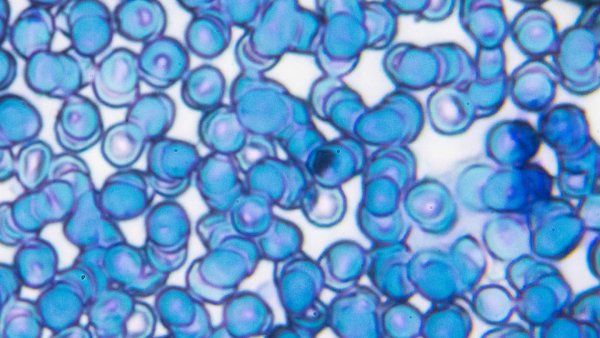The Cancer Breakthrough Boom
Engineered immune cells. Supercharged scans. Drug implants. Gene manipulators. Blood biopsies. Read how these breakthroughs are transforming cancer care.
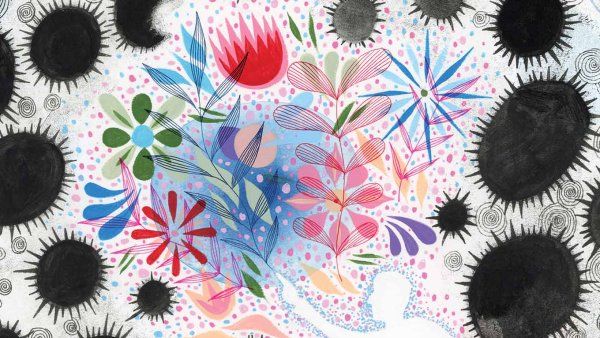
University of California San Francisco
Give to UCSFEngineered immune cells. Supercharged scans. Drug implants. Gene manipulators. Blood biopsies. Read how these breakthroughs are transforming cancer care.

Two UCSF scientists – James Gardner, MD, PhD, and Rebeca de Pavia Fróes Rocha, PhD – have received Pew awards for their work in immunology as part of a program that supports promising early-career investigators.
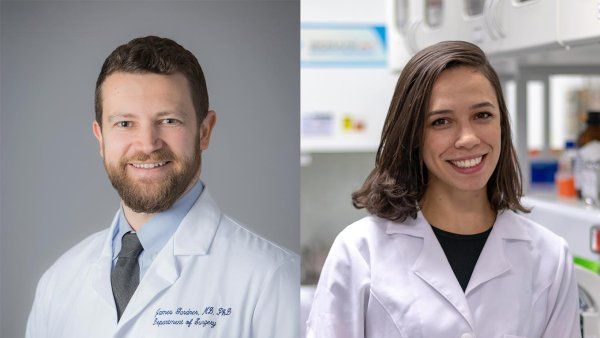
Laws in many states require notifying women if they have dense breasts, a risk factor for breast cancer. But density shouldn’t be the only factor in determining whether supplemental screening is
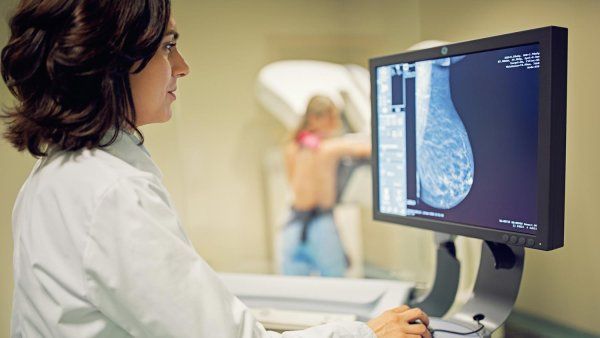
Oncology specialists from around the globe will gather for the American Society of Clinical Oncology (ASCO) Annual Meeting to discuss the latest cancer therapies, technologies, research and education.

Taking into account genetic factors that can change PSA levels not associated with cancer, the screening accuracy can be improved.

UCSF scientists have found that brain cancer glioblastoma can cause cognitive decline by affecting neural connections, but the epilepsy drug gabapentin shows promise in blocking this activity, offering hope for new treatments.

Transgender women keep their prostates even after gender-affirming surgery, and the estimated risk of prostate cancer is at about 14 cases per 10,000 people.
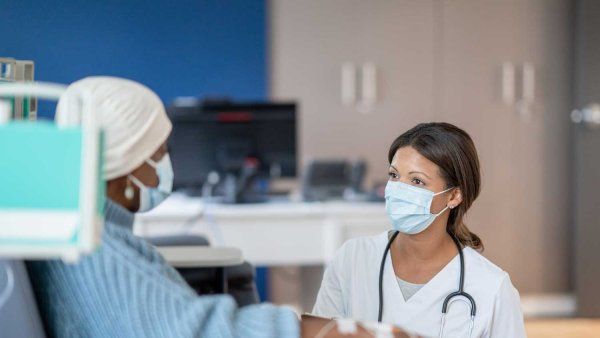
UCSF Health’s surgical oncology team is a Bay Area leader in an innovative chemotherapy infusion pump used to treat patients with widely metastatic colorectal and bile duct cancers that have spread to the liver and are no longer considered operable.

UCSF's Division of Surgical Oncology is currently the only center in Northern California offering surgical insertion of hepatic artery infusion (HAI) for patients.

Leading cancer researchers from UCSF will present at this year’s annual meeting of the American Association for Cancer Research (AACR) conference, held April 14-19, 2023, in Orlando.

Thermo Fisher Scientific Inc. and UCSF will accelerate advanced cell therapies for difficult to treat conditions like cancer from a new manufacturing facility.
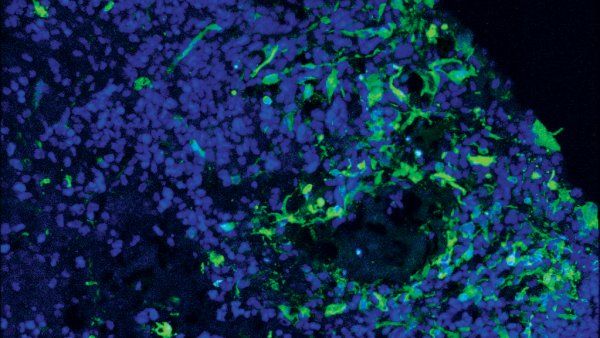
A clinical trial showed that, rather than removing lymph nodes, leaving them intact could help immunotherapy activate tumor-fighting T cells in the lymph nodes.
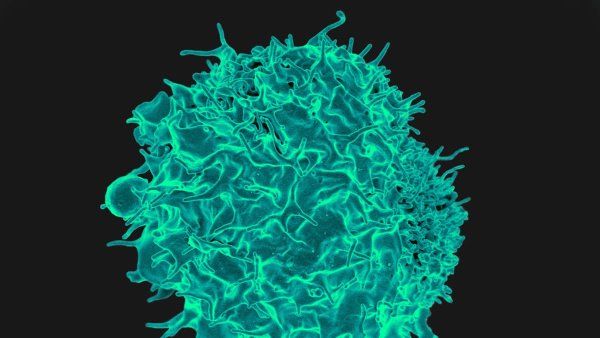
For the past 30 years, the California Tobacco Control Program has helped Californians save $816 billion in health care costs.

A new digital tool helps to calculate breast cancer risk for those who may develop advanced cancer that goes undiagnosed despite regular screenings.

Sick leave coverage expansion were associated with higher rates of mammography screening and colorectal screening, potentially leading to better health outcomes.
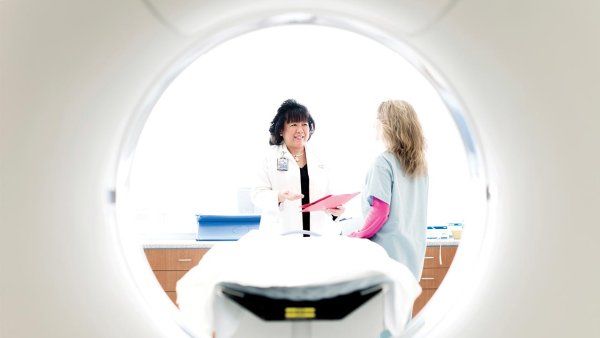
Kevin Shokat, who developed a successful approach to drugging a protein produced by the KRAS gene, has received two prestigious scientific awards.
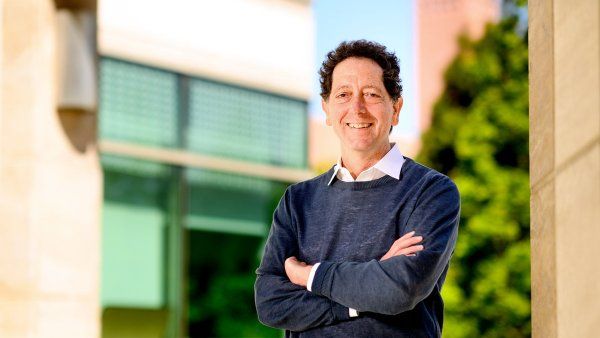
The WISDOM 2.0 study aims to transform breast cancer screening by using a personalized approach and will expand to women as young as 30.

Balyn Zaro’s lab investigates the cause and consequence of genetic diversity in the immune system, in hopes that her discoveries can lead to better treatments for all patients.
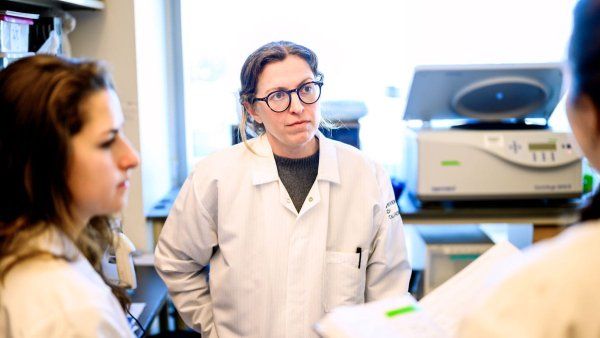
A new digital tool helps calculate breast cancer risk for those who may develop advanced cancer that goes undiagnosed despite regular screenings.

Trillions of invisible organisms make up the human microbiome. Now, medical scientists want to put these bugs to work.
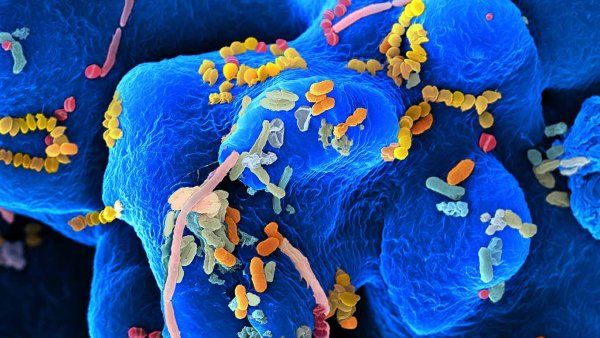
On the operating table and inside the lab of a rising star in cancer neurosurgery.
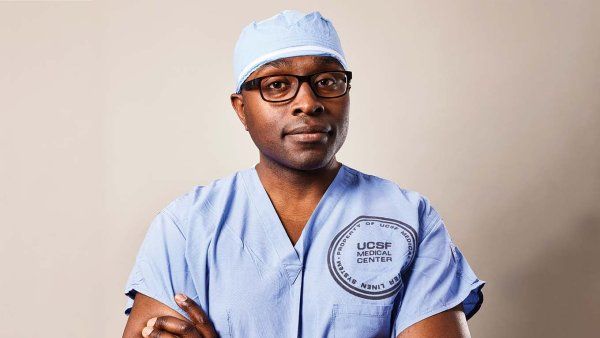
Resecting brain tumors called gliomas as much as possible soon after diagnosis offers a distinct survival advantage when looking at the disease trajectory 10 years later, find UCSF researchers.

Researchers have discovered a cellular uptake pathway for larger molecules that delivers cell-permeable drugs efficiently.
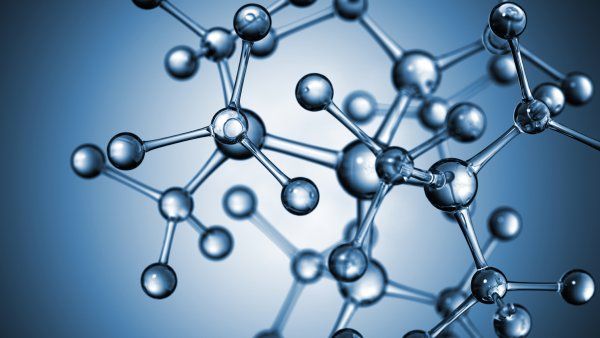
Through decades of biobanking at UCSF, researchers were able to comprehensively map intra-cellular signaling in the cells of recurrent glioblastoma, identifying novel cell-extrinsic therapeutic targets.

T-cells can be directed to produce cytokine, a powerful anti-cancer component, when they encounter cancer cells. This holds tremendous promise for cancer immunotherapy.
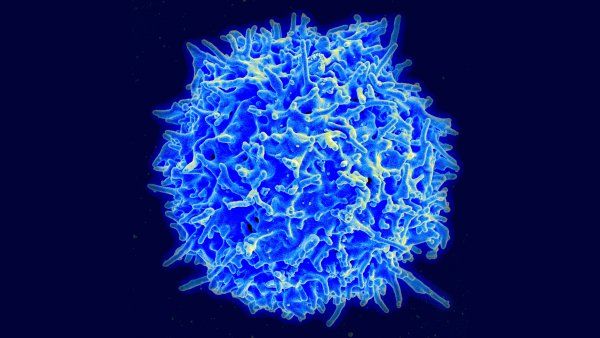
UCSF experts in multiple myeloma and other hematologic malignancies will attend the American Society of Hematology’s (ASH) 64th Annual Meeting and Exposition.

A new sophisticated machine learning technique using a molecular library of commands guides engineered immune cells to seek out and tirelessly kill cancer cells.
